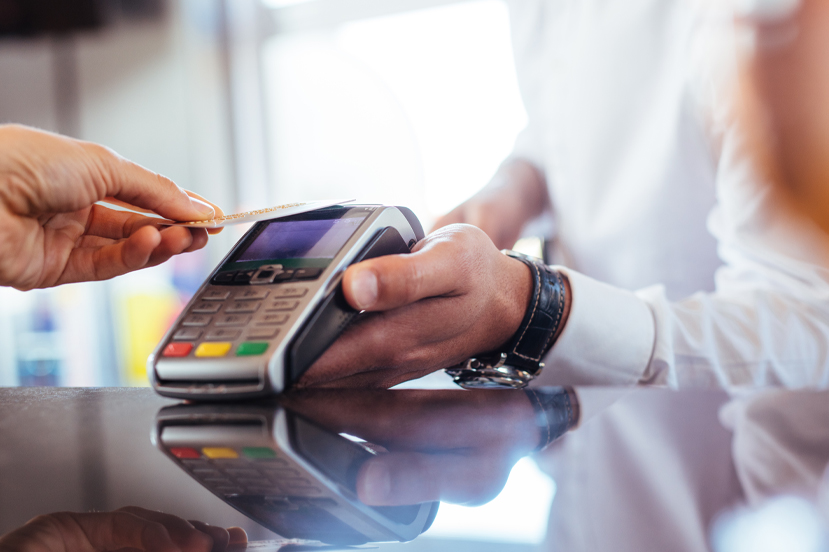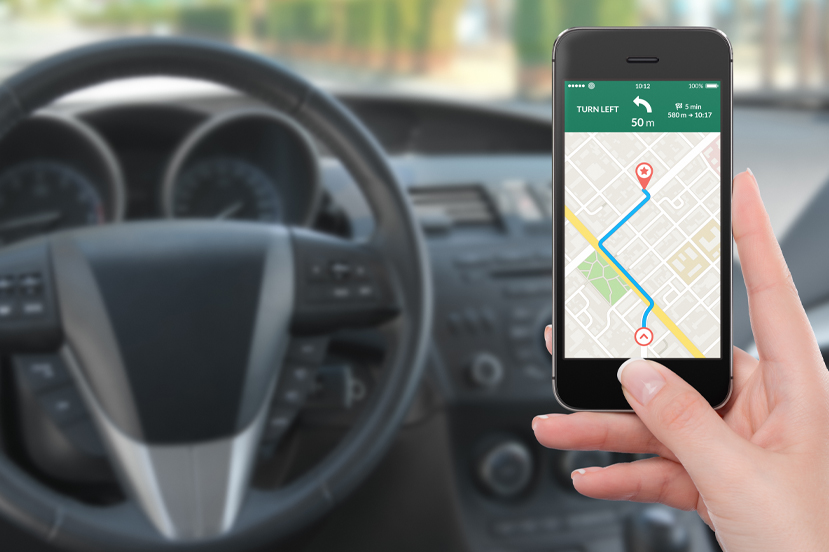Amidst the COVID-19 pandemic, unemployment claims have skyrocketed as businesses have been forced to lay off or furlough employees. Unfortunately, scammers are attempting to profit from this situation by filing false unemployment claims. If you receive communication about unemployment and have not filed for these benefits, you may be a victim of fraud. We’ve put together a list of things to watch out for and steps to take if you suspect you are a victim of this type of fraud.
- Victims of unemployment fraud have received letters (i.e. Wage Review forms) from their state’s Employment Security Commission. These can be mailed directly to their home address or received at their place of work. Some victims have also received unemployment payment cards in their name that look like a debit or credit card.
- If you suspect you are a victim of unemployment fraud, file a claim immediately with your state’s department of unemployment and review your credit report for fraudulent activities. If something looks wrong with your account, or you are expecting new regular payments from the government for a continuing duration and it’s not something you typically receive, let us know.
If you recently applied for unemployment benefits, or will do so in the future, you should take precautions to avoid unemployment benefit scams. Here’s how:
- Don't respond to unsolicited messages.
- These messages, phone calls or emails are likely phishing scams intended to trick you into sending money or providing sensitive personal data. If you aren’t expecting to receive communications related to unemployment benefits, you should ignore any unemployment-related messages completely.
- If you want to verify that communication is legitimate or you need more information on your unemployment benefits, you should find your state’s official contact information and reach out to them directly.
- Use only official unemployment channels.
- The recent influx of benefit applications might make it difficult for you to get in touch with someone over the phone or online, but no matter how long it takes, your state’s official communication channels are the only means you should use to correspond. Don’t trust any third-party websites or emails claiming to help with filing for unemployment. The only channels you should use are the official ones provided by your state government.
- Don't send money.
- Filing for unemployment benefits is free. If anyone asks you to pay an application fee or requests money for any other reason, do not comply. States do not charge any fees when it comes to filing for unemployment.
- Don't provide personal information over email or text.
- Filing for unemployment does require you to provide some personal information, which may include your Social Security number, driver’s license number, contact information for employers and wage records, such as a pay stub, but you are generally able to file online, over the phone or at an unemployment office. When you do share information, you should take caution to verify that the person is an official representative by reaching out through official channels.








